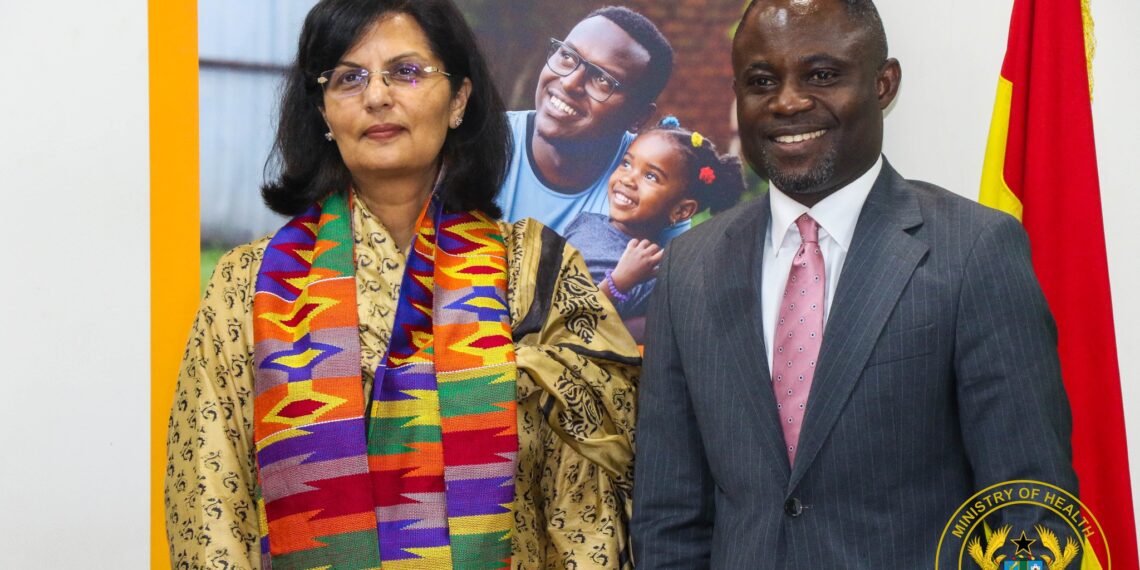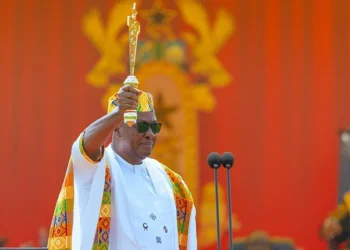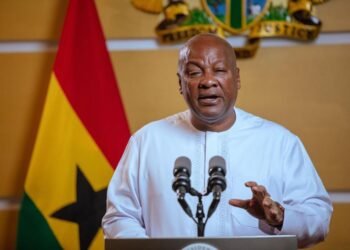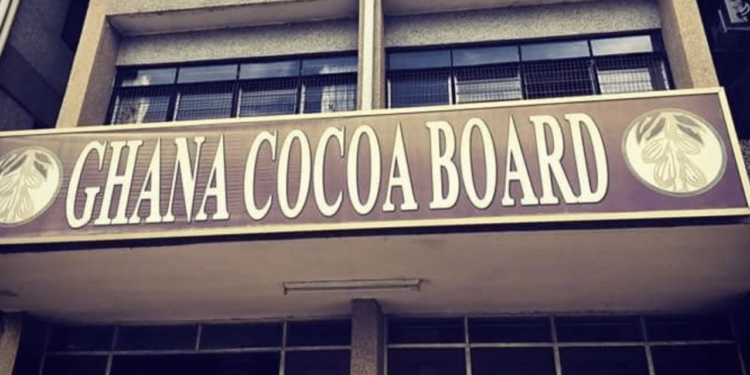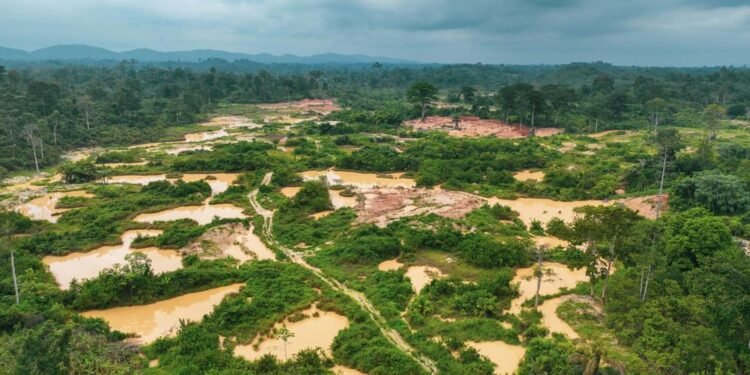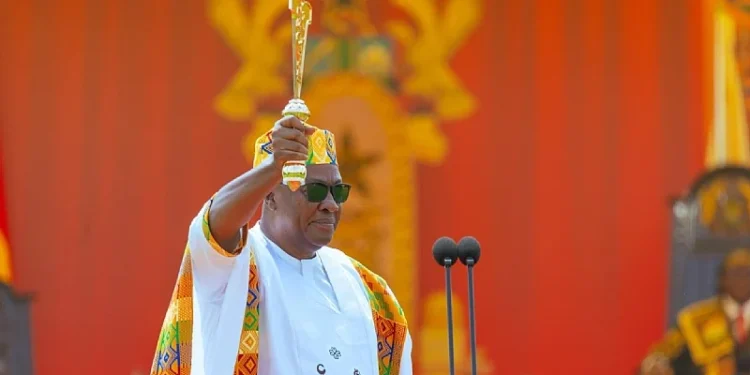The Government of Ghana has reaffirmed its long-standing commitment to strengthening immunisation services and health system resilience following a courtesy visit by Dr. Sania Nishtar, Chief Executive Officer of the Global Alliance for Vaccines and Immunisation (Gavi).
The visit, which underscored a two-decade partnership, marked a significant milestone in Ghana’s journey towards full ownership of its immunisation programme by 2030.
During the high-level engagement, both parties reiterated their shared commitment to ensuring that every child, regardless of geography or socioeconomic status, has access to life-saving vaccines.
In his remarks, the Minister of Health, Hon. Kwabena Mintah Akandoh, highlighted the transformative impact of the Ghana-Gavi partnership over the past 20 years.
According to him, the collaboration has led to the successful introduction of critical vaccines, the strengthening of healthcare infrastructure, and an impressive expansion of immunisation services to some of the country’s most underserved populations.
The Minister emphasized that these achievements have not occurred in a vacuum, but rather through a strategic, sustained, and results-oriented partnership.
He lauded the role Gavi has played in helping Ghana improve vaccine access and accelerate progress towards universal health coverage.

Looking ahead, Hon. Akandoh detailed key priorities in Ghana’s immunisation roadmap. Chief among these is the government’s plan to introduce two new vaccines: the Hepatitis B birth dose and the Human Papillomavirus (HPV) vaccine.
These introductions are expected to significantly strengthen Ghana’s disease prevention efforts, especially among vulnerable groups such as newborns and adolescent girls.
The minister reaffirmed that the successful rollout of these vaccines will rely heavily on Gavi’s continued technical and financial support.
In a notable policy development, the Minister announced the removal of the cap on the National Health Insurance Levy (NHIL) — a move aimed at unlocking more domestic resources for healthcare.
Additionally, the 2025 national budget includes a 13% increase in health sector allocation, reflecting the government’s commitment to sustainable financing of immunisation and broader health initiatives.
Hon. Akandoh also shed light on Ghana’s long-term strategy for full transition from Gavi support.
This includes the development of an “Investment Case for Immunisation,” which outlines a sustainable financing framework and strategic priorities.
A cornerstone of this strategy is Ghana’s ambition to become a hub for regional vaccine production.

To this end, the country is advancing domestic vaccine manufacturing through partnerships with local pharmaceutical companies, notably Atlantic Lifesciences and DEK Vaccines.
These efforts align with Gavi’s African Vaccine Manufacturing Accelerator initiative, which aims to bolster the continent’s self-sufficiency in vaccine production and supply.
GAVI’s Assurance
Dr. Sania Nishtar, in her address, applauded Ghana’s unwavering commitment to immunisation and health system strengthening.
She noted that Ghana stands out as a model for effective public health governance, citing the government’s proactive measures in resource mobilisation, such as the NHIL reform and increased health budget allocation.
Dr. Nishtar was particularly encouraged by the country’s comprehensive approach to preparing for transition, especially the development of the Investment Case for Immunisation.
She expressed confidence in Ghana’s ability to take full ownership of its immunisation programme by the 2030 target.

On the issue of vaccine manufacturing, Dr. Nishtar welcomed Ghana’s growing engagement in the African Vaccine Manufacturing Accelerator.
She noted that the partnerships with local firms such as Atlantic Lifesciences and DEK Vaccines represent not just progress for Ghana, but also a significant step forward in Africa’s collective efforts to ensure vaccine security and equitable access.
Reiterating Gavi’s enduring commitment, Dr. Nishtar assured the government of continuous collaboration throughout the transition process.
The meeting concluded on a note of mutual optimism, with both sides expressing confidence in Ghana’s ability to successfully navigate the transition while maintaining — and even improving — immunisation coverage and outcomes.
With continued support from Gavi and a clear domestic vision, the country is set to achieve immunisation sovereignty, ensuring that no child is left behind in the fight against preventable diseases.
READ ALSO: AngloGold, Gold Fields Suspend Iduapriem Merger Talks

